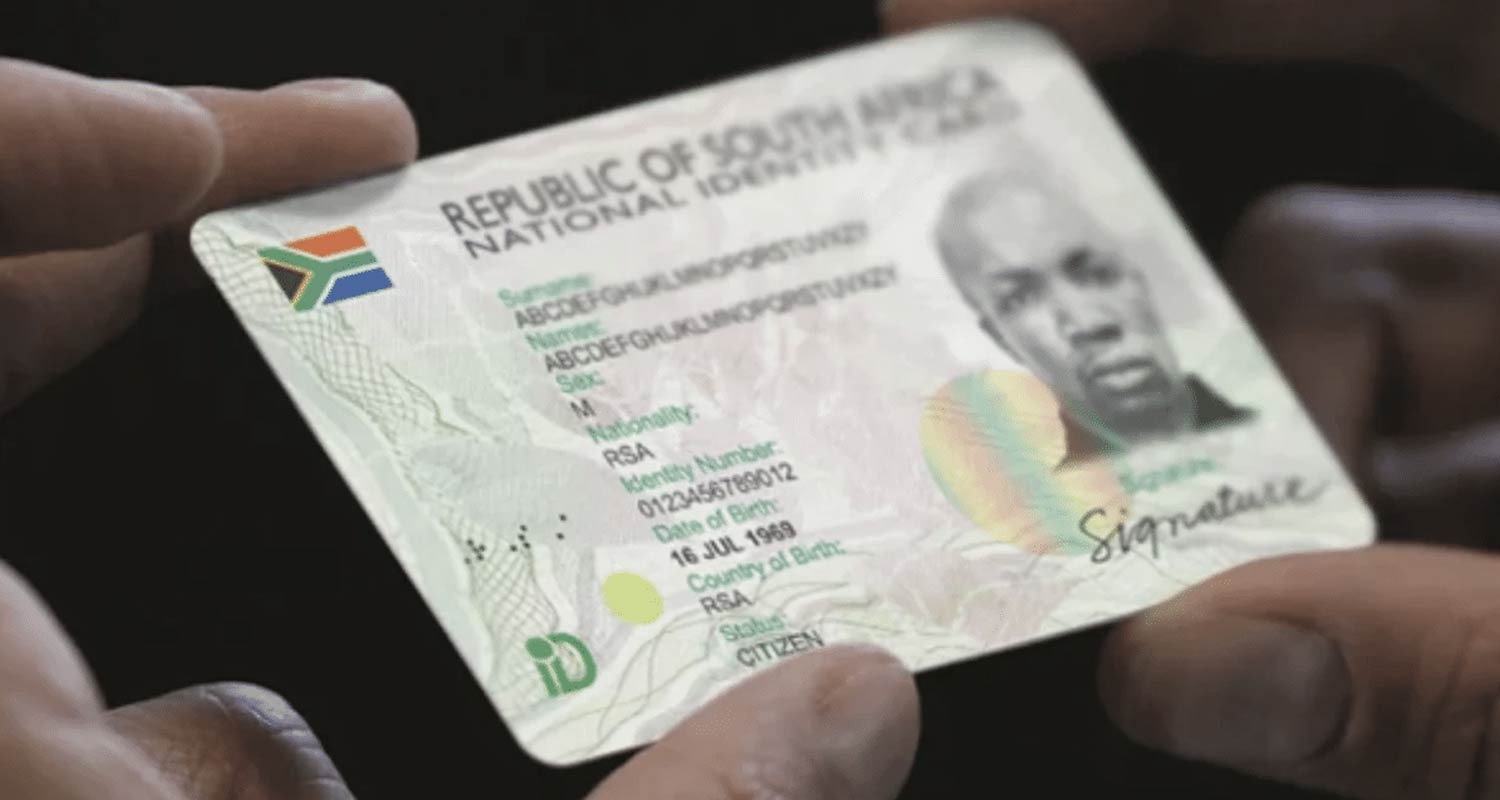The home affairs department has undertaken to ensure that all its services are fully automated and digitised over the next year.
According to its 2024/2025 annual report released on Monday, it is making progress in its digitisation project, with 40 million of more than 340 million civic services records digitised since 2022. For this year, the department digitised 12.1 million records against the target of 14.8 million.
“Despite the slow start to the project, attributed to the non-availability of the digitisation facilities and load shedding, the digitisation project has made a notable impact in the civics environment,” home affairs deputy minister Njabulo Nzuza said in the report.
The department, which has embarked on the biggest digitisation project ever carried out by the South African government, has established multiple digitisation hubs to provide dedicated infrastructure processing points.
In addition to the digitisation project, the department said it is expanding its footprint by partnering with banks; deploying self-service kiosks; rolling out electronic travel authorisation; expanding the trusted tour operator scheme (TTOS) and providing visa proposals for the film industry as well as for major international and special events.
It is also expanding its footprint in other countries in partnership with administrative and technology services company VFS Global; developing solutions for the doorstep delivery of passports and smart ID cards in South Africa and abroad; and relocating offices to shopping malls where possible.
“In the year ahead, the department plans to ensure that all its services are fully automated, digitised and accessible online, enabling clients to access them conveniently from their homes,” the report said.
Automated
It said citizens who require routine services, such as renewing their smart ID cards or passports, will be able to do so through a secure online platform that is integrated with their captured biometric data. These applications will be processed by an automated risk engine, requiring intervention from departmental officials only when anomalies are detected.
Upon completion of the process, the required documents can be delivered directly to clients in South Africa and abroad. And to complement these initiatives, application processes for birth registration and the printing of birth certificates on the spot will be automated in 47 public health facilities in the next financial year.
The department produced 3.6 million smart IDs for the year, surpassing its target by nearly a million.
Read: South Africa to roll out digital IDs – what to expect
It issued 97% (92 out of 95) business visas and 98% (767 out of 780) general work visas within eight weeks for applications processed within South Africa, which is an improvement compared to the last financial year, with business visas at 61% and general work visas at 10%. The department attributed the increase to the monitoring plan implemented to identify applications at risk of reaching their expiry.
It also improved its turnaround times for critical skills visas, up from 52% to 89%, within four weeks.
 The scheme, which saw the first group of tourists arrive in South Africa in February last year, ensures that visitors from India and China who use approved tour operators, no longer have to visit a mission, complete any forms or stand in a queue.
The scheme, which saw the first group of tourists arrive in South Africa in February last year, ensures that visitors from India and China who use approved tour operators, no longer have to visit a mission, complete any forms or stand in a queue.
The department will soon announce a second intake of tour operators to further boost the number of group tours attracted through the scheme.
It said it is on track to deliver a world-class electronic travel authorisation system in the 2025/2026 financial year. This system will completely digitalise and automate all tourism and short-stay visas.
“Not only will this eliminate fraud and inefficiency, but, as TTOS demonstrates beyond all doubt, it will amount to the single biggest reform in decades to boost job creation in the tourism sector,” the department said.
Read: Sita under fire: parliament launches probe into agency’s governance crisis
The report said that the financial year presented numerous challenges that hindered performance. These included budget reductions and cost containment measures that restricted the department’s capacity; State IT Agency data centre issues, which negatively impacted home affairs nationwide; inconsistent functionality of the live-capture birth registration system; and backlog challenges at branch immigration services. – © 2025 NewsCentral Media
Get breaking news from TechCentral on WhatsApp. Sign up here.



